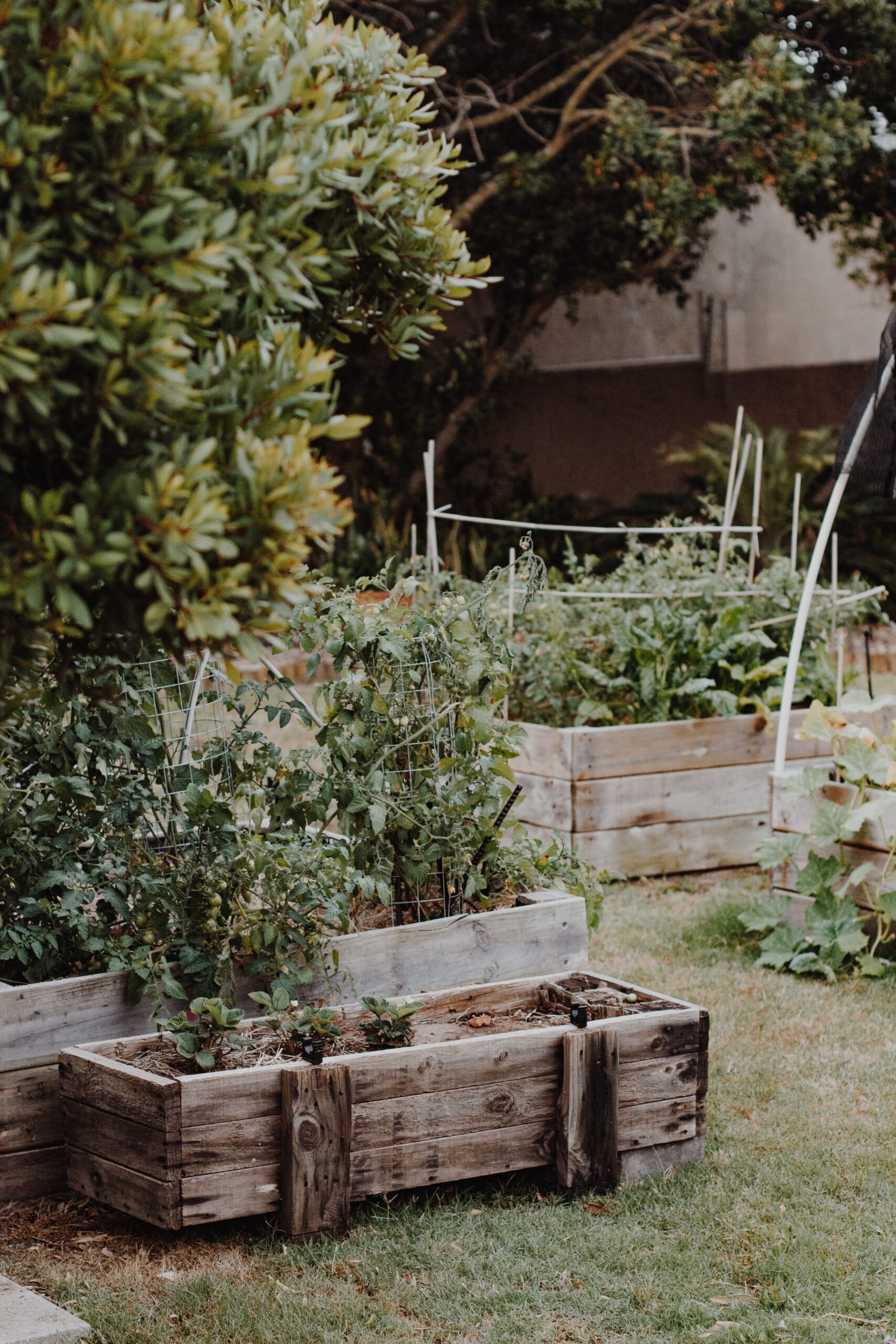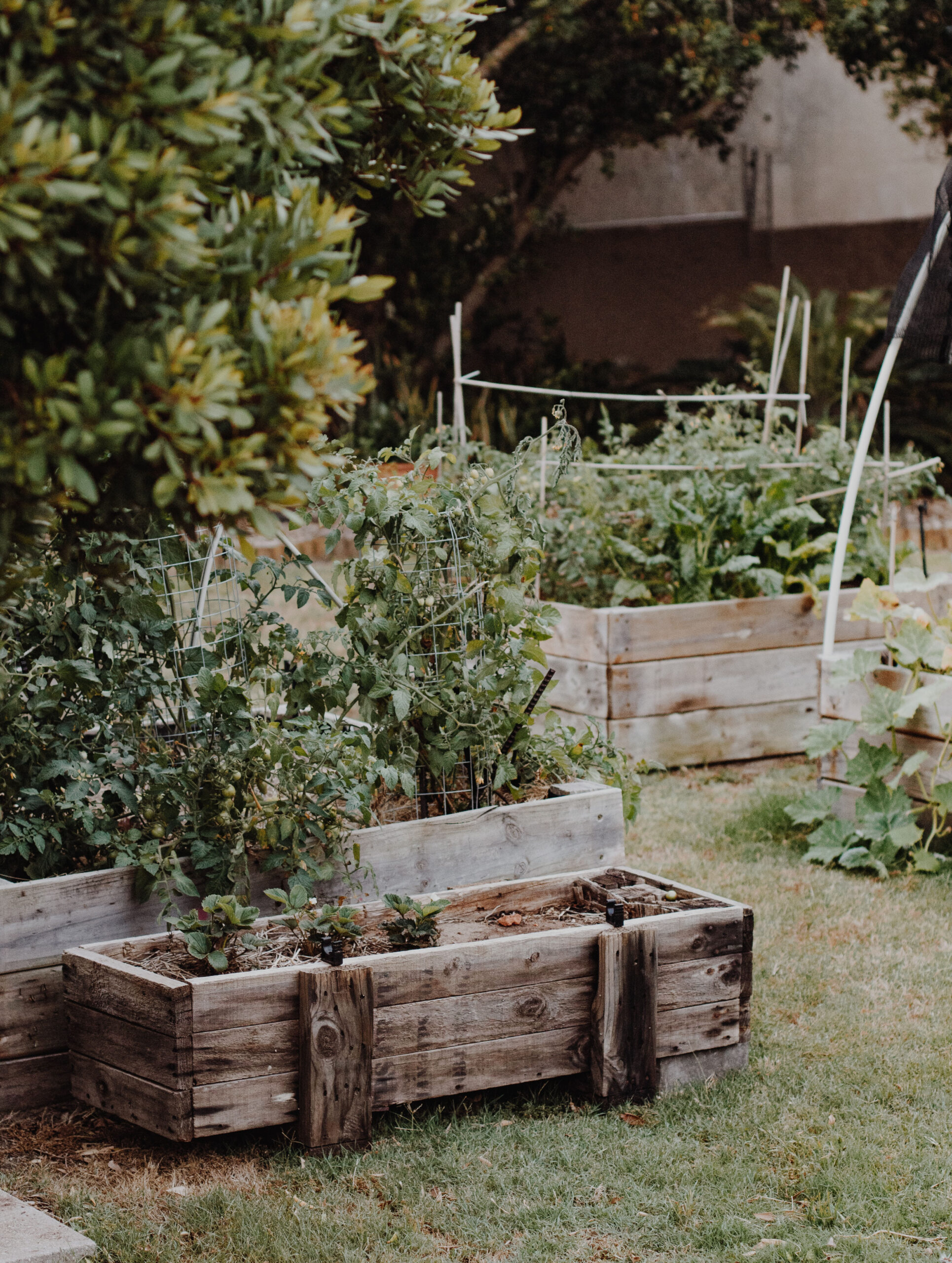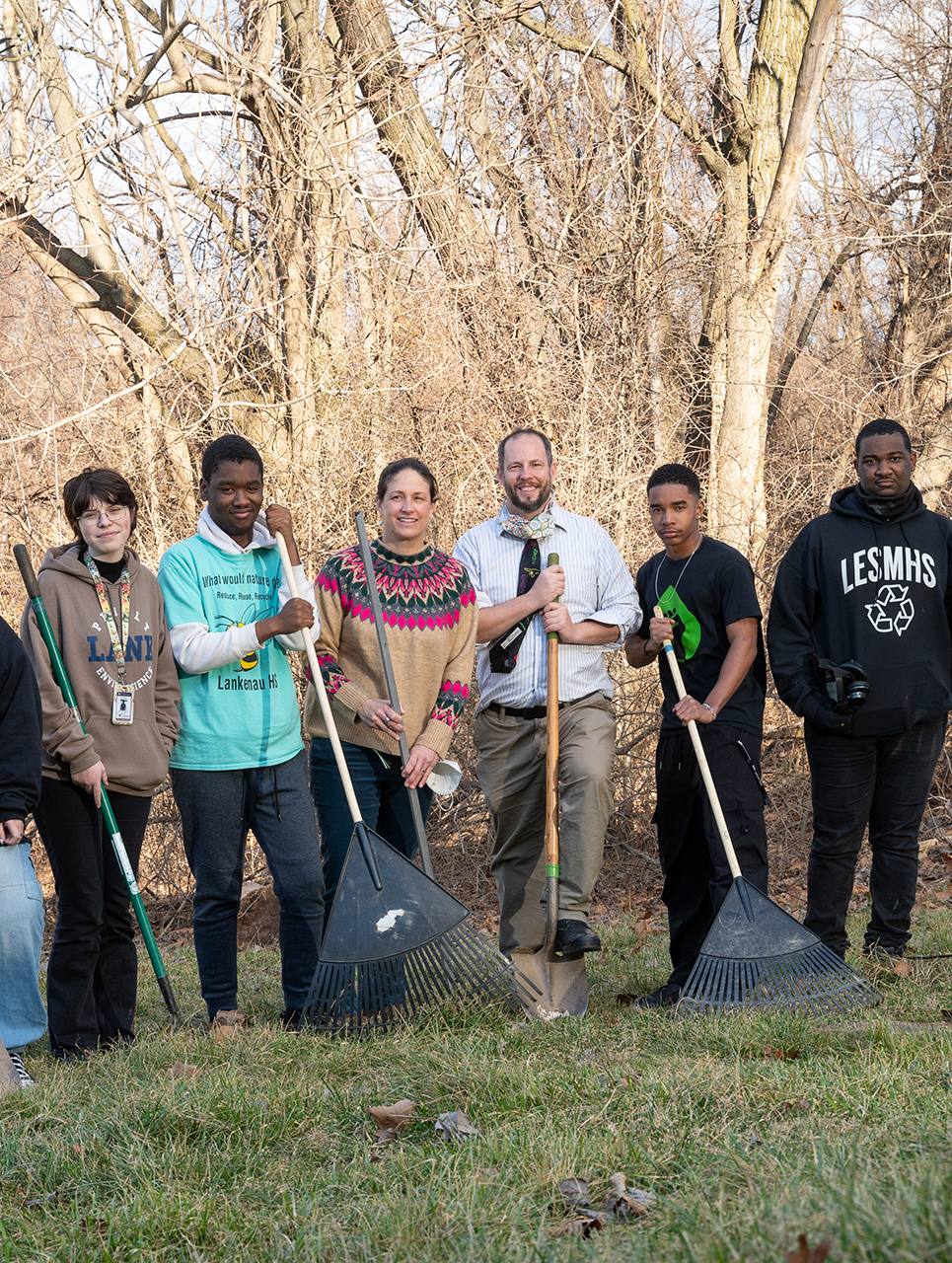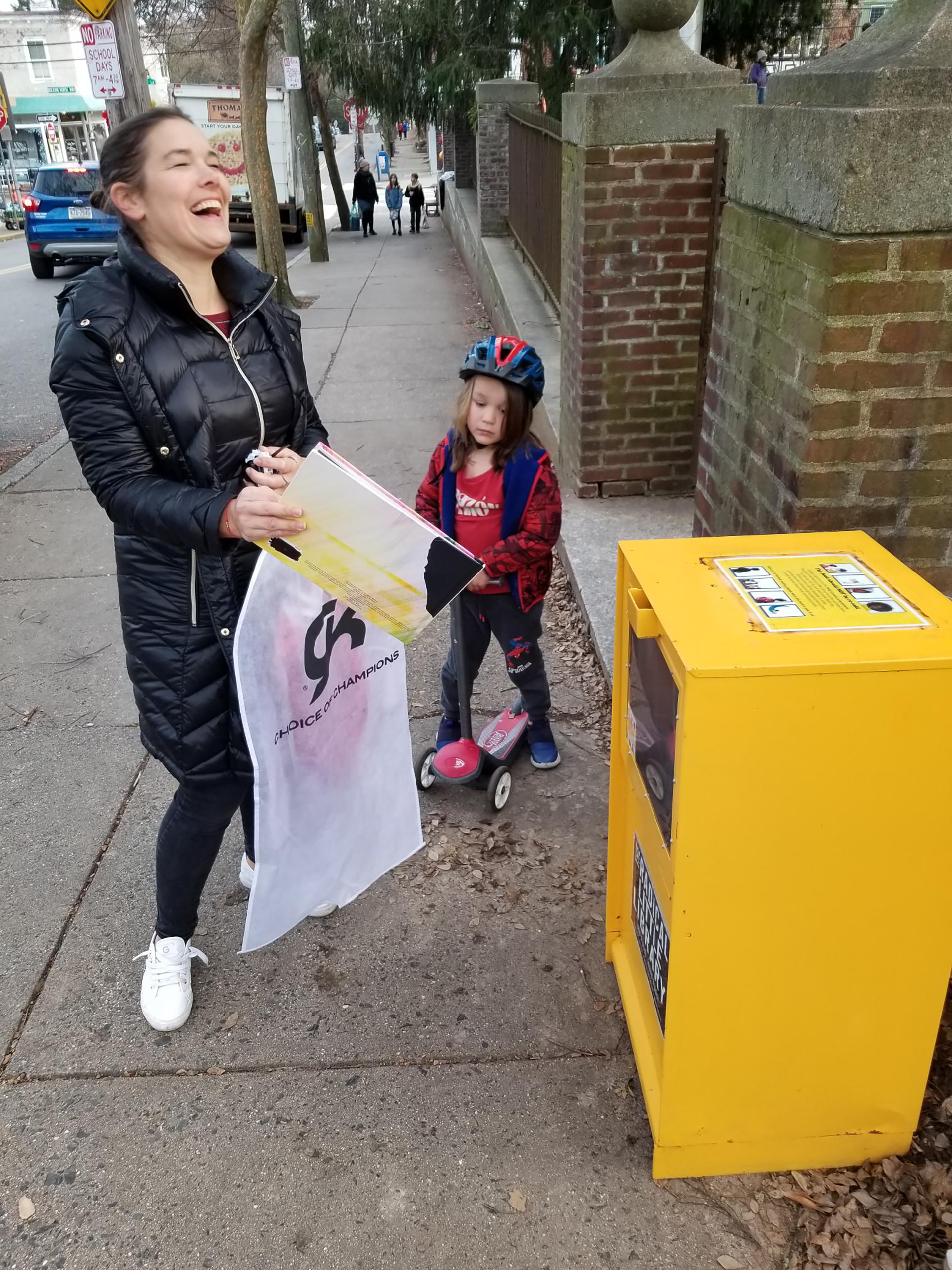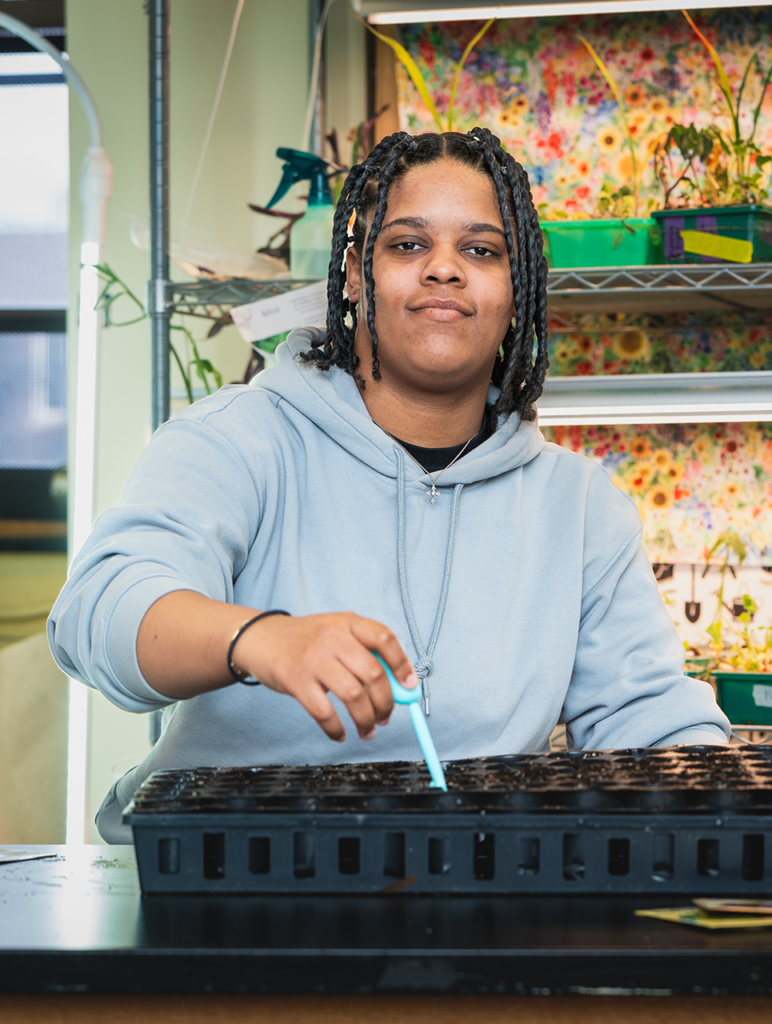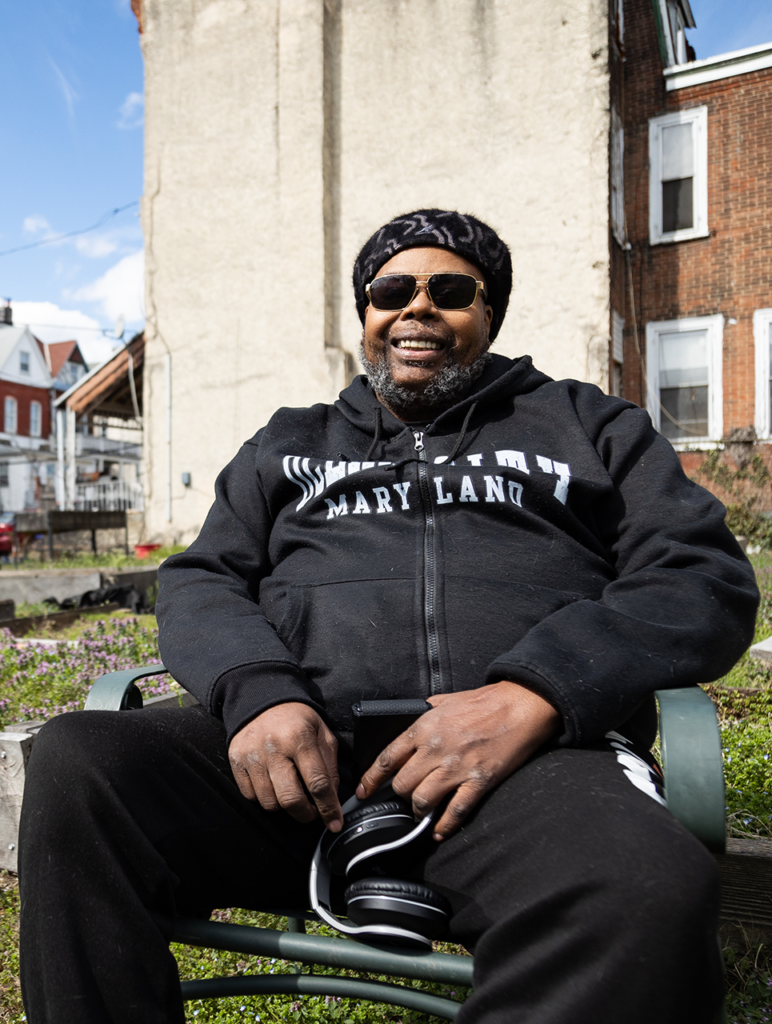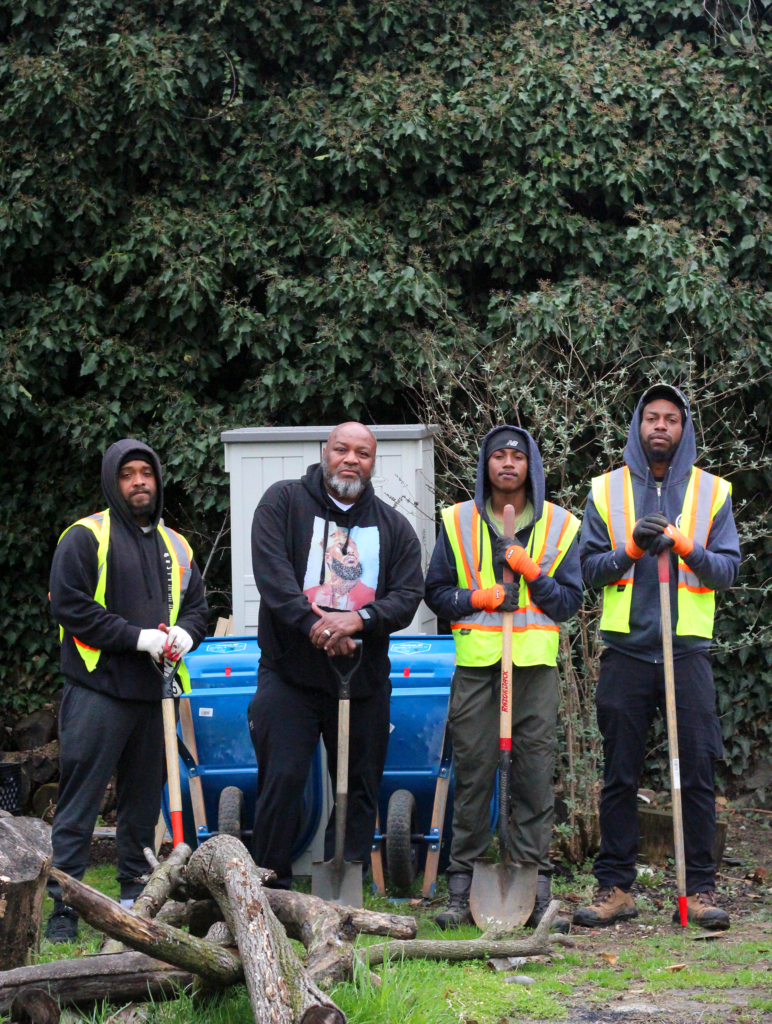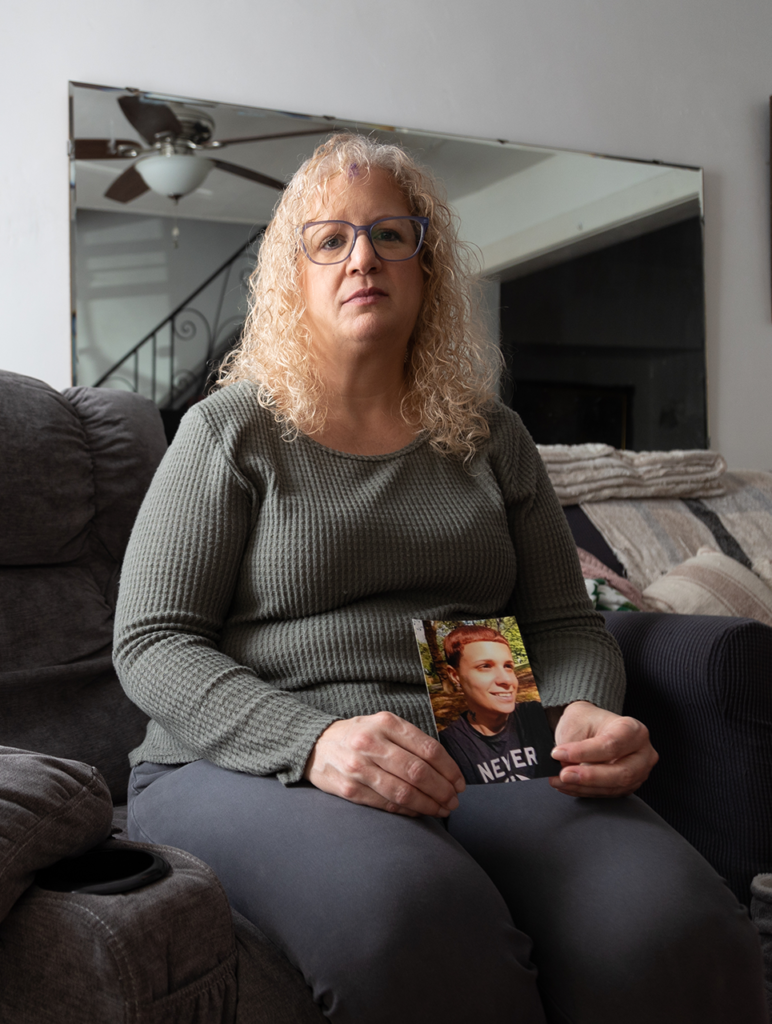A group of 30 community gardening organizations and allies have issued a letter asking the Philadelphia Land Bank to change how it preserves properties for community gardening.
At issue is the land bank’s practice of attaching a 30-year mortgage to properties that it gives to garden organizations. The “self-amortizing” mortgages are for the market rate value of the properties, though they don’t require the organizations to make payments.
At a March 14 meeting of the land bank’s board, Angel Rodriguez, the land bank’s executive director, said the land bank uses the mortgages as a tool to keep properties from being flipped. It also gives the land bank leverage to take action if the property isn’t being maintained in good order.
The community gardening advocates argue that the mortgages are not necessary because a deed for a community garden property includes an open space easement, a restriction that prevents anything from being built on the land, and a reversion clause that is sufficient to prevent the properties from being sold for development.
The problem for the organizations is that the mortgages show up as liabilities (looking like the organizations actually owe the money) on their books. The mortgages also value the properties as if they have no easement, which ends up being a higher amount than the properties could actually be sold for, given that they can’t be built on. The result is that the value of the land as an asset on a community gardening organization’s balance sheet is much lower than the value of the mortgage, putting the organization, on paper at least, in the red. This negative balance shows up on audits and financial statements, and, along with vague terms for default on the mortgage, make it harder for the garden organizations to get state grants and other funding.
“As a land trust with a 35-year track record preserving community gardens across Philadelphia and working in partnership with the city, Neighborhood Gardens Trust’s progress is currently being thwarted by a bad policy that threatens the sustainability of critical green spaces which make our city’s neighborhoods safer, healthier and more environmentally just,” says Jenny Greenberg, executive director of Neighborhood Gardens Trust.
The land bank board will consider a change to the mortgage policy at its April meeting.
